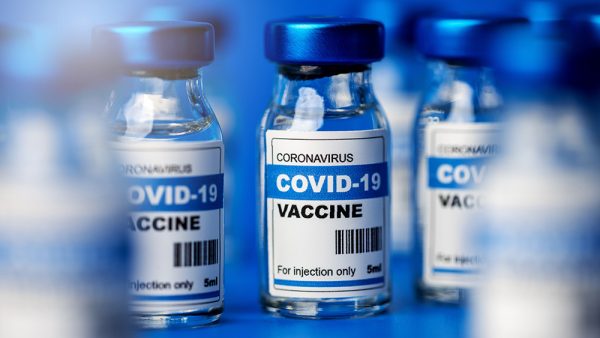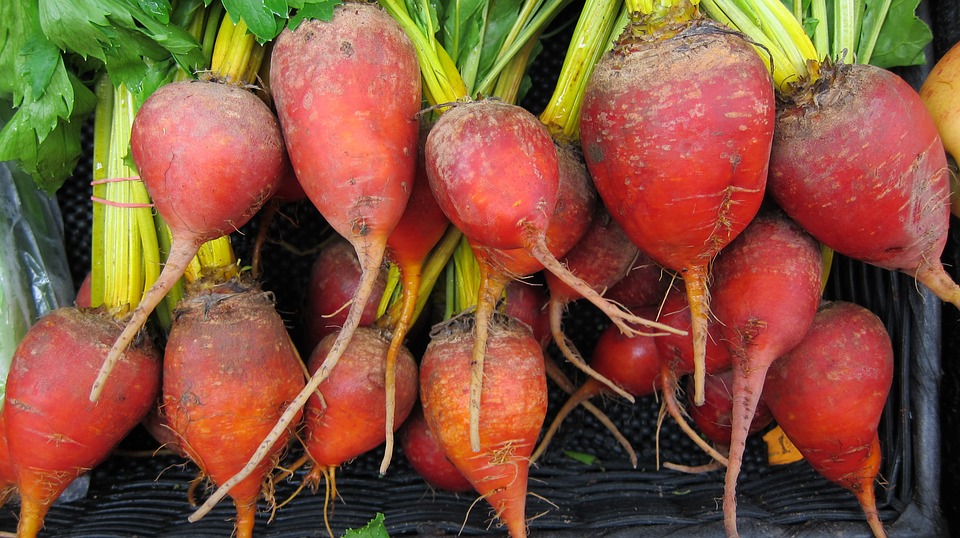 Parler
Parler Gab
Gab
- Decades of research show a 39-58% lower risk of colorectal cancer among those with sufficient vitamin D levels, yet public health guidelines remain silent.
- Nearly 80% of adults have inadequate vitamin D, a deficiency linked to higher cancer rates, yet screening is rarely emphasized.
- Industry silence? A Cornell-led meta-analysis of 1.3 million people confirms vitamin D’s protective effects—but major health organizations avoid aggressive recommendations.
- Historical parallels: Like the tobacco industry’s denial of lung cancer links, corporate medicine may be ignoring cheap, effective prevention in favor of costly late-stage treatments.
The meta-analysis found consistent evidence:
- Colorectal cancer risk dropped 39% for those with higher serum vitamin D (≥81 nmol/L).
- Breast cancer risk plummeted 50% in women with levels of 130 nmol/L.
- Supplements reduced precancerous polyps by 43% in a Canadian trial.
A decades-long fight: from 1980s findings to the modern crackdown
In the 1980s, brothers Cedric and Frank Garland published groundbreaking work linking colon cancer rates to sunlight exposure, noting that inhabitants of sun-starved regions faced higher mortality. Their findings were met with polite pushback—cancer, after all, was framed as a genetic inevitability. Fast-forward 40 years: the Garland brothers’ successors are proving their theories correct, yet the medical establishment still lags. Today’s deficiencies—80% of Americans below safe vitamin D thresholds—mirror the era’s rickets epidemic, a disease eradicated in rich nations… only to resurface as an overlooked risk factor for cancer, osteoporosis, and immune disorders. The parallel is haunting. Just as 19th-century physicians dismissed sunlight as a treatment for rickets, today’s gatekeepers downplay vitamin D’s role in cancer prevention. A 2020 meta-analysis even conflicted with older findings, arguing weak evidence—a stance critics call a “game of statistical semantics to divert funding from nutrients to pharmaceuticals.”Diet related behavior predicts colon cancer risk
In the study, "Association between Diet-related Behaviour and Risk of Colorectal Cancer: A Scoping Review," diet related behaviors foretold colon cancer risk.- Unhealthy diet-related behaviors, such as consuming red meat cooked at high temperatures or choosing high-sugar snacks, increase colorectal cancer (CRC) risk, per a scoping review of 25 studies.
- Vitamin D and calcium-rich diets were inversely associated with CRC risk, with evidence suggesting a ~58% reduced risk in some studies—yet 80% of people are vitamin D-deficient.
- Cooking methods like grilling, barbecuing, and pan-frying red meat linked to carcinogen formation, while rare-cooked meats and whole grains offered protective effects.
- Over reliance on self-reported dietary tools like food frequency questionnaires (FFQs) may misrepresent true risks, as findings conflict on meal frequency and cancer ties.
- Vitamin D supplements and polyphenol-rich foods (green tea, fruit) were highlighted as mitigators—yet regulatory advice often ignores these dietary nuances.
Eerie white clots revealed: mRNA vaccines spawning global prion crisis, scientists warn
By Lance D Johnson // Share
AI, Censorship, and the Battle for Health Truths: Adams and Bell Warn of Globalist Control
By Finn Heartley // Share
“World Without Cancer”: A deep dive into the world of alternative cancer treatments
By Kevin Hughes // Share
Repeated COVID jabs WORSEN survival outcomes for pancreatic cancer patients, according to new study
By Lance D Johnson // Share
Federal judge halts PROOF OF CITIZENSHIP requirement for voter ID
By ljdevon // Share
AI, Censorship, and the Battle for Health Truths: Adams and Bell Warn of Globalist Control
By finnheartley // Share
Baking Soda: The ultimate multi-purpose survival remedy for health, home, and emergency prep
By finnheartley // Share
Hate beets? Learn how to gain better cognitive, cardiovascular and athletic performance
By newseditors // Share









